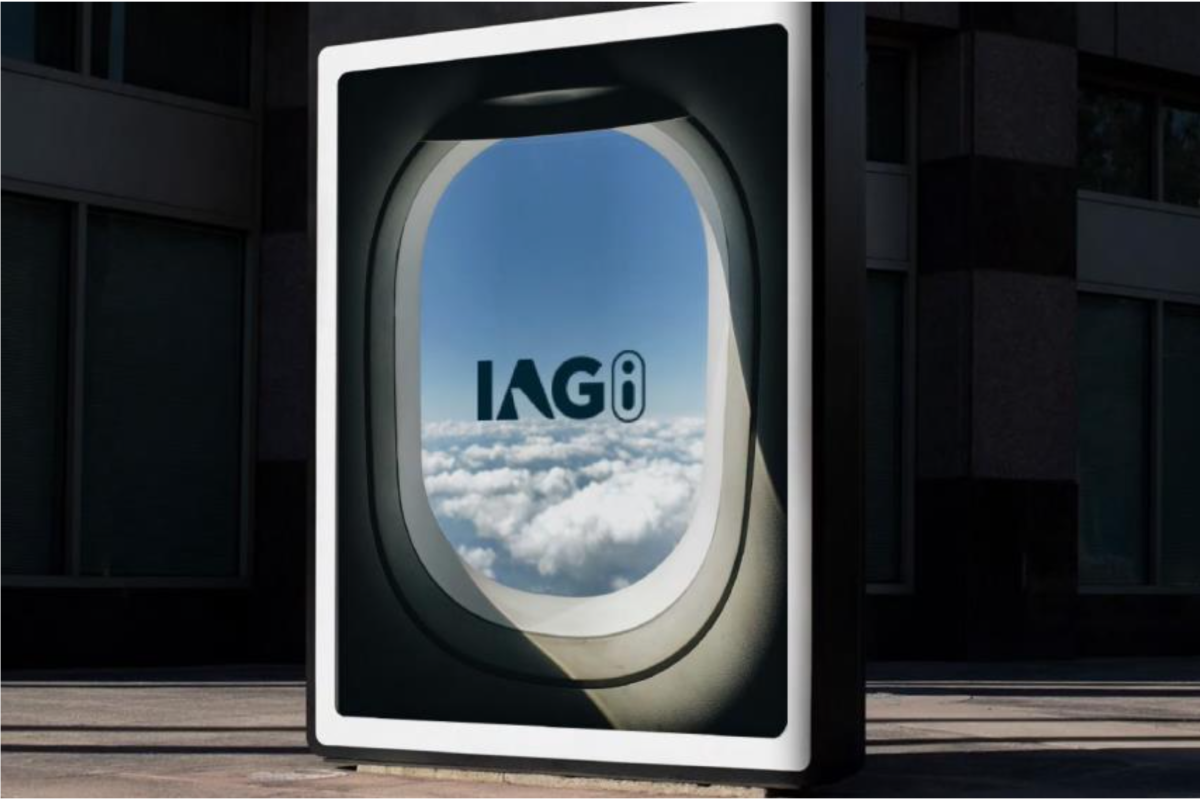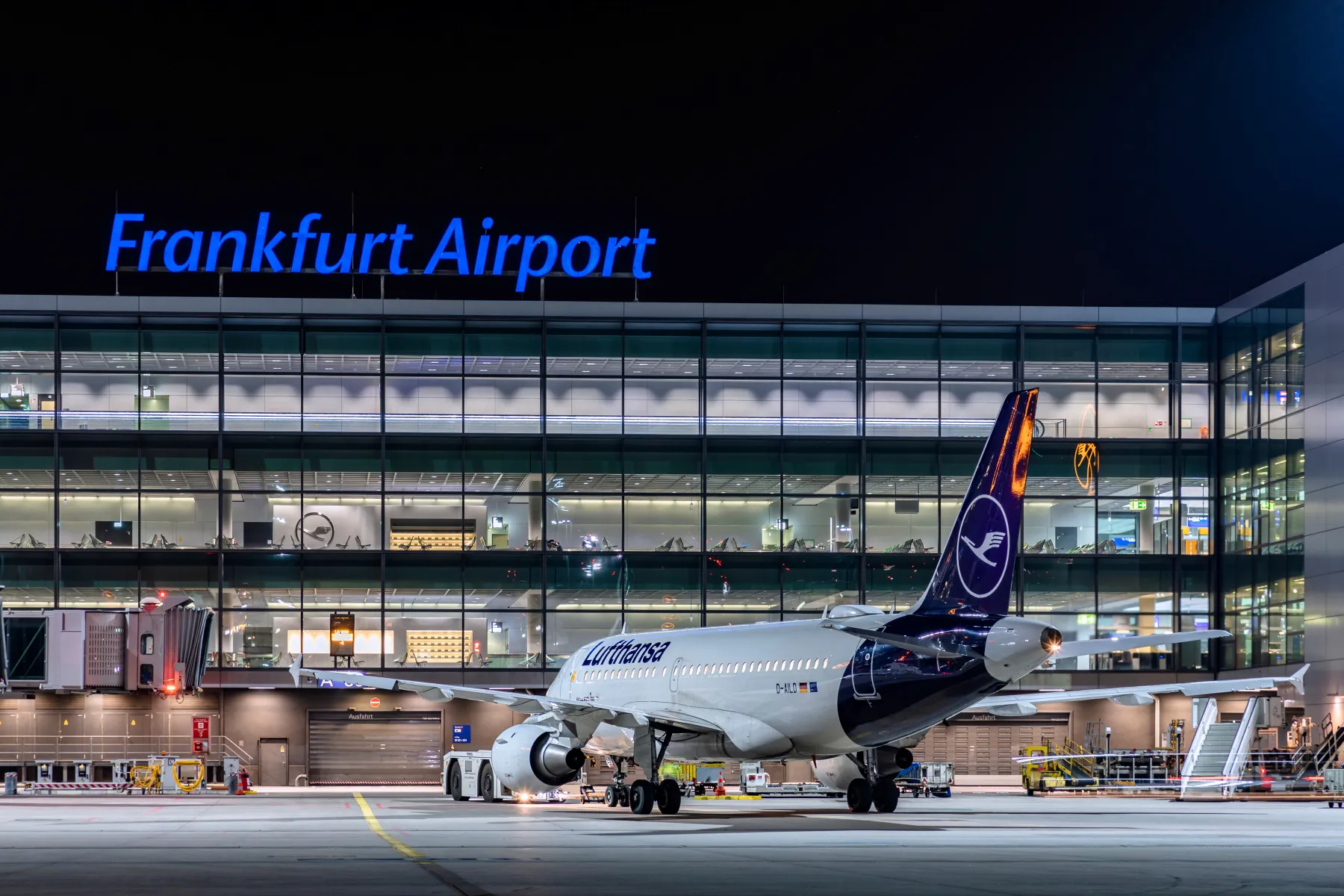Intrepid Partners With Ctrip to Popularize Green Trips in China

Skift Take
Intrepid Group is making its biggest push ever for a slice of China’s outbound market by partnering Trip.com Group to offer sustainable travel to Chinese travelers.
Just a few years ago trips that are purposeful, responsible, experiential — and other such sustainablespeak that defines Intrepid journeys — might be largely met with puzzlement in China. Now Intrepid Group aspires for the China outbound market to represent as much as 10 percent of its total business by 2025, its CEO James Thornton told Skift.
The Australian company's China presence to date is primarily inbound, although it has worked with a couple of small operators in China to tap the outbound market. Those will continue, but the Trip.com Group partnership is “the first with a huge, internationally recognized OTA (online travel agency) with whom we are building a new product style for Chinese travelers,” Thornton said.
“There’s a change in the way the Chinese travel. The middle class travelers are moving away from traditional shopping trips, golfing trips, or tours of iconic attractions. They want bespoke, exciting and innovative products, and to explore the world in a sustainable way,” he added.
Trip.com Group, China’s biggest online travel company, recognizes the trend as well, hence the partnership. “Working with Intrepid Travel, we will offer our customers a more cutting-edge mode of travel,” said Joey Zhang, director of themed travel at Trip.com Group, in a statement.
Real Collaboration
Neither party will divulge the commercial arrangements such as whether it’s on a commission basis or revenue sharing. But the deal sees the Intrepid Travel and Ctrip brands specifically collaborating to produce sustainable trips that are localized for Chinese.
“It’s not just us putting Intrepid Travel’s trips onto the Ctrip platform,” said Thornton.
So while core aspects of Intrepid Travel journeys such as small groups, local leaders and sustainable experiences remain, there will be Chinese-speaking guides, food that suits Chinese tastes and other Chinese services.
Going green by Intrepid's playbook involves experiences that promote cross-cultural understanding, using public transport, staying in smaller local accommodation, buying locally produced food/drink and souvenirs from local artisans, minimising plastic waste, energy and water resources, and not exploiting the vulnerable, including women, children, animals and endangered species, among others.
“Ctrip has been heavily involved in curating the tours and in ensuring the trips reflect the demand it is seeing from the travel base. We were influenced a lot by what they see; that’s why we picked launch destinations such as Turkey, Myanmar, Morocco, Indonesia, Nepal, Costa Rica, Malaysia and Peru,” said Thornton.
The first departures will go at the end of this month. “Early signs have been positive and we are seeing demand for Nepal, Turkey, Morocco and Myanmar,” said Thornton. He noted that the Chinese have a shorter booking period, a matter of weeks compared with two to four months for Western markets. As well, Chinese millennials overall are more prepared to pay for experiential trips than their counterparts elsewhere.
The tie-up comes amid a slowdown in both the Australian and China travel markets as a result of factors such as the trade war and Hong Kong’s turmoil. Australia’s bushfires might dampen the mood further for Australians to travel.
Trip.com Group has prospected softer growth in China outbound and is doubling down on efforts to increase market share. In November, it inked a joint venture with TripAdvisor to provide user-generated reviews local language to Chinese customers whom it says are increasingly traveling overseas.
For Intrepid Group, tapping China outbound is a means to diversify its market sources, currently heavy on Western markets such as Australia, North America and the U.K. This is especially when the Australian travel company expects to be a A$1 billion ($687 million) company in revenue by 2025. It closed 2019 with a revenue of A$485 million ($340 million), according to Thornton.
Profit and Purpose
To achieve its target of doubling revenues in five years, Intrepid Group will be stepping up efforts to grow emerging businesses such as China outbound, small ship adventures and tailormade free independent travel.
It will also be “exploratory.” Said Thornton, “May be we’ll get into hotels, for instance, local lodges and small properties. May be we should play more with media — we already own adventure.com, for example.
“As well, we’ll be acquisitive.”
In 2017, the company bought a 50 percent stake in Chimu Adventures, an Australian company that specializes in polar and Latin America, which enables it to charter its own polar ship to the Antarctica from November. It also bought a 40 percent stake in Raw Travel, a company based in Victoria, Australia, that operates iconic walking trips throughout the world.
“Both run independently, we’re just investors in them,” said Thornton.
While it chases profit, Intrepid Group, which became a certified B Corporation (a business that balances purpose and profit) in 2018, wants to be a climate positive business by this year, having been a carbon neutral business for nine years, according to Thornton.
To this end, one of the measures it took was to have a climate scientist on its payroll. Susanne Etti joined the group as environmental impact specialist in January last year.




